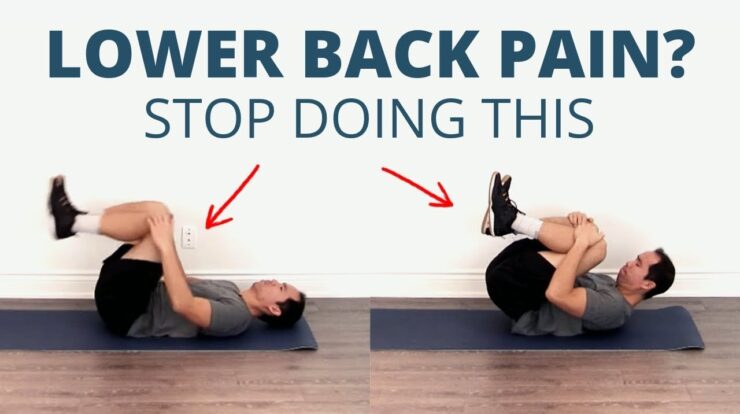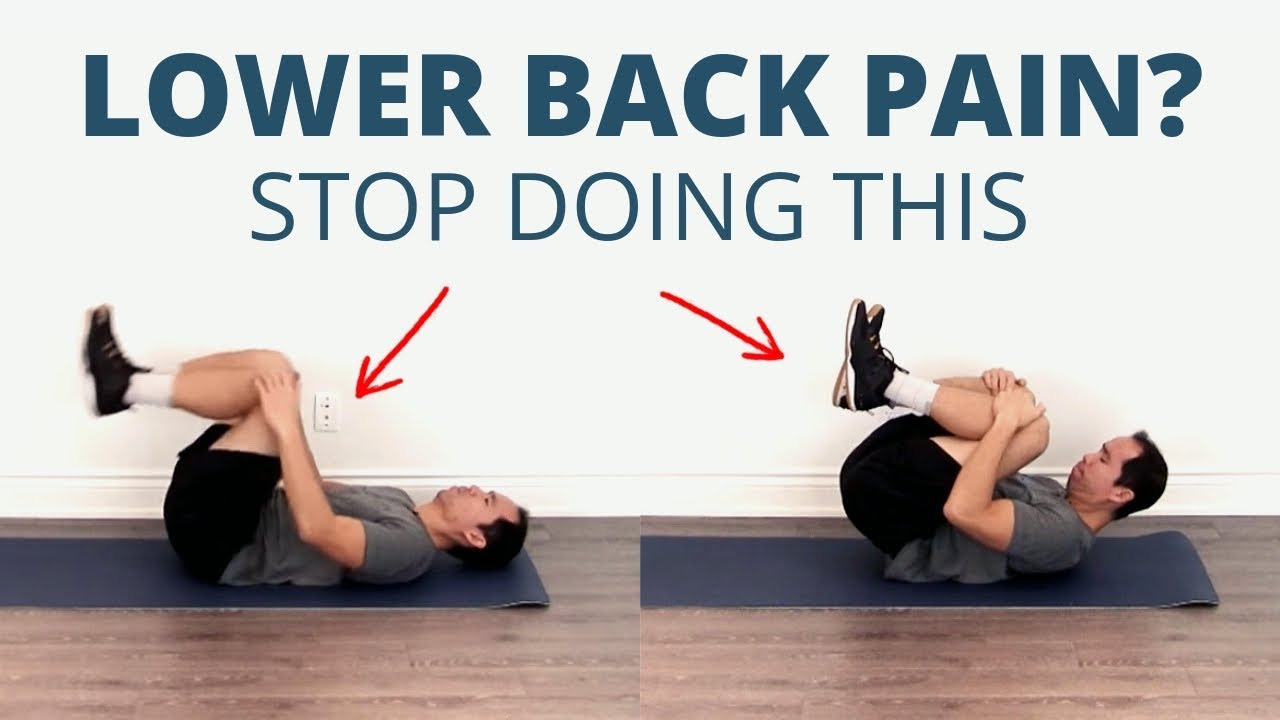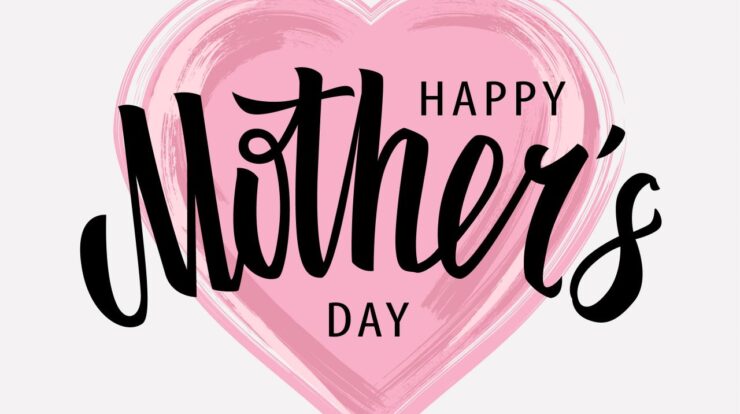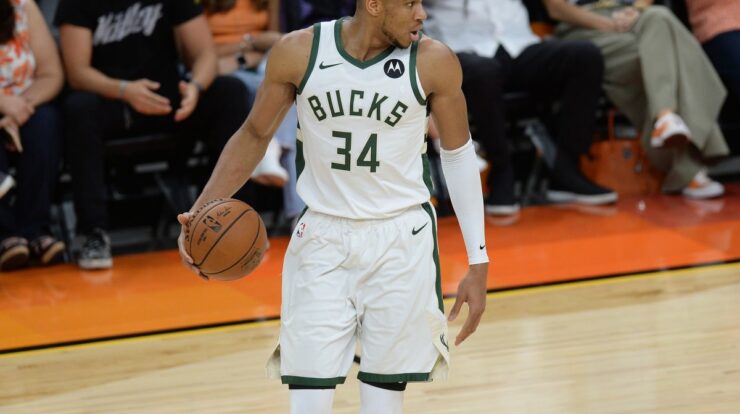
Exercises to relieve lower back pain – Lower back pain is a common ailment that affects millions of people worldwide. It can be caused by a variety of factors, including poor posture, muscle strain, and injuries. While there are many different treatments for lower back pain, exercise is one of the most effective.
In this article, we will discuss the benefits of exercise for lower back pain and provide a list of specific exercises that can help relieve pain.
To all the amazing sisters out there, don’t forget to wish your mothers a very special happy mother’s day sis . Celebrate their love and sacrifices with heartfelt messages and expressions of gratitude.
Exercise can help to strengthen the muscles that support the lower back, improve flexibility, and reduce inflammation. It can also help to improve posture and reduce stress, both of which can contribute to lower back pain.
Exercises to Relieve Lower Back Pain

Lower back pain is a common condition that affects people of all ages. It can be caused by a variety of factors, including muscle strains, ligament sprains, and herniated discs. Lower back pain can range from mild to severe, and it can significantly impact a person’s quality of life.Exercise
is one of the most effective ways to relieve lower back pain. Regular exercise can help to strengthen the muscles that support the lower back, improve flexibility, and reduce inflammation. There are a number of different exercises that can be beneficial for lower back pain, including:
Pelvic Tilts
Pelvic tilts are a simple exercise that can help to strengthen the muscles in the lower back and abdomen. To do a pelvic tilt, lie on your back with your knees bent and your feet flat on the floor. Tilt your pelvis up so that your lower back presses into the floor.
Hold for 5 seconds, then relax. Repeat 10-15 times.
Knee-to-Chest Stretches, Exercises to relieve lower back pain
Knee-to-chest stretches can help to improve flexibility in the lower back and hamstrings. To do a knee-to-chest stretch, lie on your back with your knees bent and your feet flat on the floor. Bring one knee to your chest and hug it with both arms.
Hold for 30 seconds, then repeat with the other knee.
Bird Dog
The bird dog is a challenging exercise that can help to strengthen the core and lower back. To do a bird dog, start on your hands and knees. Extend your right arm forward and your left leg backward at the same time.
Hold for 5 seconds, then return to the starting position. Repeat with the other arm and leg.
Other Non-Exercise Treatments
In addition to exercise, there are a number of other non-exercise treatments that can be helpful for lower back pain. These treatments include:
Heat and Cold Therapy
Heat and cold therapy can help to reduce inflammation and pain. Heat can be applied to the lower back using a heating pad or hot water bottle. Cold can be applied using an ice pack or cold compress.
Massage
Massage can help to relieve muscle tension and pain. A massage therapist can use a variety of techniques to target the muscles in the lower back.
Acupuncture
Acupuncture is a traditional Chinese medicine technique that involves inserting thin needles into the skin at specific points on the body. Acupuncture is thought to help relieve pain by stimulating the body’s natural pain-relieving mechanisms.
In celebration of Mother’s Day, browse through our collection of happy mothers day wishes for all moms images . Express your gratitude with heartfelt happy mothers day wishes to show your appreciation for their unwavering love.
When to Seek Medical Attention
If you have lower back pain that is severe or does not improve with home treatment, it is important to seek medical attention. You should also seek medical attention if you have any of the following symptoms:* Numbness or tingling in the legs or feet
- Weakness in the legs or feet
- Loss of bowel or bladder control
- Fever
- Chills
- Night sweats
These symptoms may indicate a serious underlying condition, such as a herniated disc or spinal stenosis.
Prevention Strategies
There are a number of things you can do to help prevent lower back pain, including:* Maintaining good posture
- Strengthening the muscles in your lower back and abdomen
- Losing weight if you are overweight or obese
- Avoiding smoking
- Using proper lifting techniques
- Getting regular exercise
Ending Remarks

If you are experiencing lower back pain, talk to your doctor about whether exercise is right for you. Exercise can be a safe and effective way to relieve lower back pain and improve your overall health.
FAQ
What are the benefits of exercise for lower back pain?
Exercise can help to strengthen the muscles that support the lower back, improve flexibility, and reduce inflammation. It can also help to improve posture and reduce stress, both of which can contribute to lower back pain.
Stiff and tight muscles can contribute to back pain. Learn more about the how can stiff and tight muscles result in back pain? and explore preventive measures. Additionally, regular exercise is crucial for maintaining flexibility. Discover explain why regular exercise is the best way to prevent flexibility issues.
What are some specific exercises that can help relieve lower back pain?
There are many different exercises that can help relieve lower back pain. Some of the most effective exercises include:
- Pelvic tilts
- Knee-to-chest stretches
- Lower back extensions
- Glute bridges
- Hamstring stretches
When should I seek medical attention for lower back pain?
You should seek medical attention for lower back pain if:
- The pain is severe or does not improve with home treatment.
- The pain is accompanied by numbness or weakness in the legs or feet.
- The pain is accompanied by fever, chills, or other symptoms of infection.
- You have a history of back surgery or other back problems.






